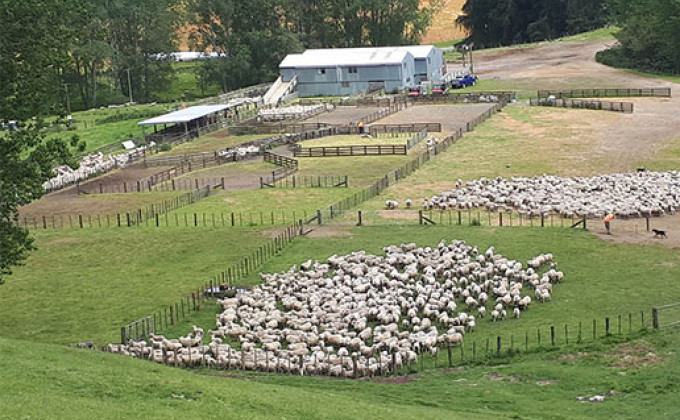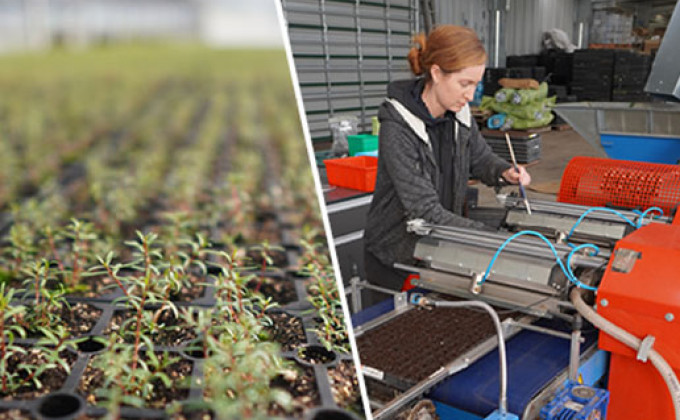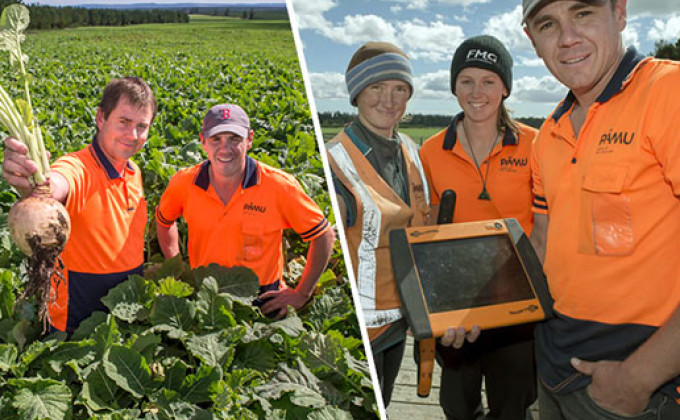News

25 August 2020
There is no rule book when it comes to farming, and everyone has their own tips and tricks on how to get the best out of their land.

3 August 2020
For Bay of Plenty-based amenity horticulture apprentice Natalie Holmes, it was her love of working with plants outside that attracted her to the industry.

8 July 2020
In the third of our series, we speak to Todd Bolton – Director of Operations at Mangamingi Station – about how Primary ITO on-farm learning adds value to his business.

29 June 2020
In the second of our series, we speak to Simon Lee – Farm Manager at Mendip Hills Station – about how Primary ITO on-farm learning adds value to his business.

23 June 2020
Nga Rakau Nurseries was founded by the Beaumont family in the 1930s, on a block of land at Mudgeways Road in Massey, which is their home base to this day.
23 June 2020
Rainbow Park Nurseries has been growing plants and trees since 1977, and now supplies over 1. 5 million plants to retailers across the country from their 15-hectare nursery.
22 June 2020
'Every Minute & Every Cent’ Spent on Diploma Well Worth It

22 June 2020
If you’ve ever wondered where a career in sports turf can take you, Ben Engels can attest that it can take you quite literally around the world.

16 June 2020
The Government’s announcement of more school-based trades training is a great opportunity to attract promising learners into farming, horticulture, and the wider food and fibre industries, Primary ITO chief executive Nigel Philpott says.

16 June 2020
We recently contacted sheep, beef and deer farmers across New Zealand to see how valuable Primary ITO on-farm learning is for their farming businesses.
